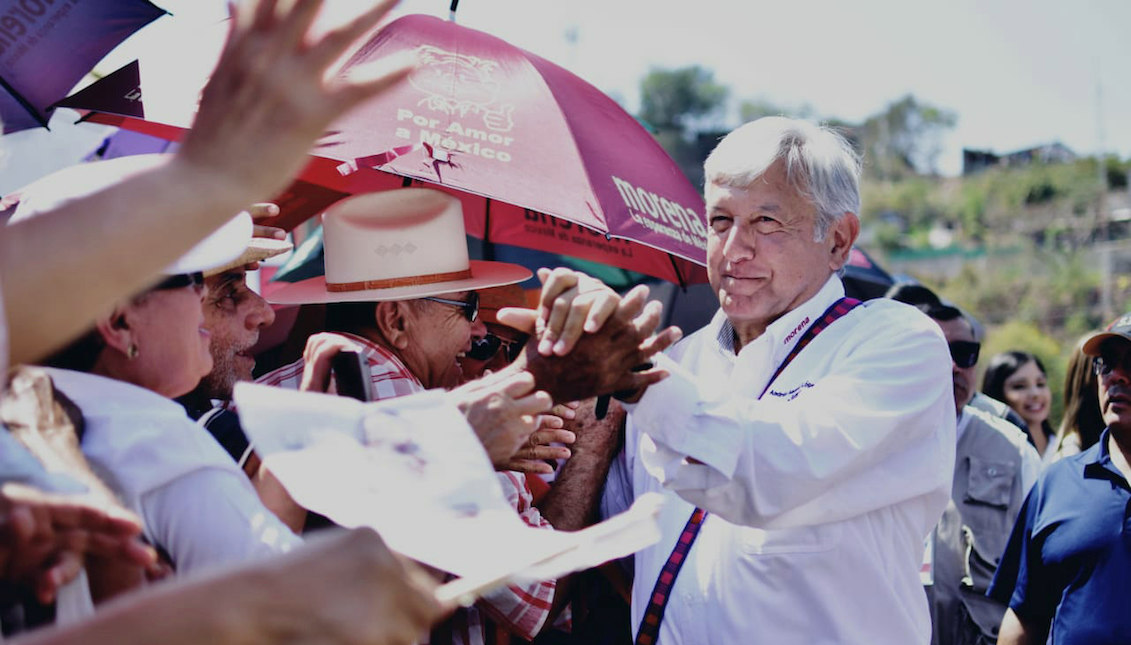
Even from the United States, Mexicans can change the future of their home country
Mexicans in the United States have one less obstacle to vote and change the future of their country of origin.
Around twelve million Mexicans live in the United States. That's almost 10% of the entire population of the country, almost four million more than Mexico City. Now imagine that all those people can vote to elect the next Mexican president.
Is quite something, isn’t it?
Mexicans residing in the United States are not only expatriates; they are also "one of the greatest sources" of economic income for the Central American country, through annual family remittances.
According to the New Yorker, just last year the amount of money sent by Mexicans to their families in Mexico "totaled nearly 29 billion dollars", that is, "nine billion more than what Mexico made off its crude-oil exports."
Even so, this force has not been represented in the political decisions of the country, being these citizens frequently ignored by the campaigns and by the political machinery during each electoral circuit.
However, this year things seem to have changed.
Facing an election on July 1, where 128 senators, 500 federal deputies, and the next president will be elected, campaigns like that of candidate Andrés Manuel López Obrador (AMLO), have decided to get hold of those 8 million votes.
RELATED CONTENT
"This opportunity is very important. On the two previous occasions in which the vote of Mexicans abroad applied for elections was in 2006 and 2012. However, they could only do so with the credentials they had obtained in Mexico," explained Juan Antonio Longueria, coordinator of the promotion of the vote of the Chiapanecans abroad in the Institute of Elections and Citizen Participation of Chiapas to Mundo Hispánico (in Spanish).
"This is going to be the first election in which Mexicans, wherever they are, can obtain their voting credentials," he said.
This will imply that a large number of Mexicans in the United States won’t have to risk their status or their safety to participate in the democratic exercise of voting in their country of origin.
"Although the vote is allowed since 2005 for Mexicans living abroad, this is the first electoral cycle in which they have been able to obtain their electoral credentials at consulates abroad without having to return to Mexico, something which had been a major barrier in previous elections," Univisión explained (in Spanish).
And for these citizens one issue is directly linked to the other: diplomatic relations between the United States and Mexico need a good pair of players. Knowing the American counterpart, Mexicans need a political leader to face him from their own terrain, unlike what, for many, the current president Enrique Peña Nieto has been doing.
"The reluctance of Peña Nieto to criticize Donald Trump has further diminished the electoral prospects of his party (PRI)," continues the New Yorker, especially given the strong emergence of López Obrador’s leftist party (PRD), who has its their own grassroots working to raise awareness of the vote of campesinos and immigrants, and thus be able to change the Mexican political scene in a definitive way.











LEAVE A COMMENT: